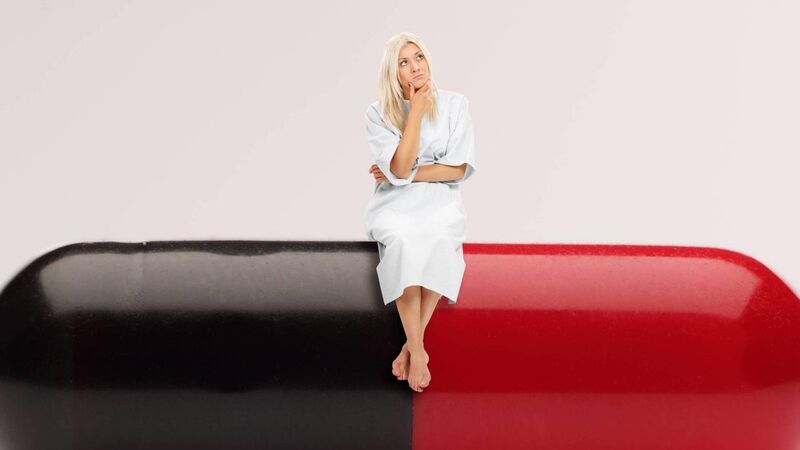Dr Michelle O'Driscoll: What to do when there is a shortage of your medication

Follow DrMichelle O’Driscoll’s guide on what to do when your medication is not immediately available in the pharmacy
YOU go to your pharmacy after seeing your doctor to renew your prescription, and want to order your regular medication.
Read More
Dr Michelle O’Driscoll is a pharmacist, re searcher and founder of InTuition, a health and wellness education company. Her research lies in the area of mental health education, and through InTuition she delivers health promotion workshops to corporate and academic organi sations nationally. See intuition.ie







 App?
App?


